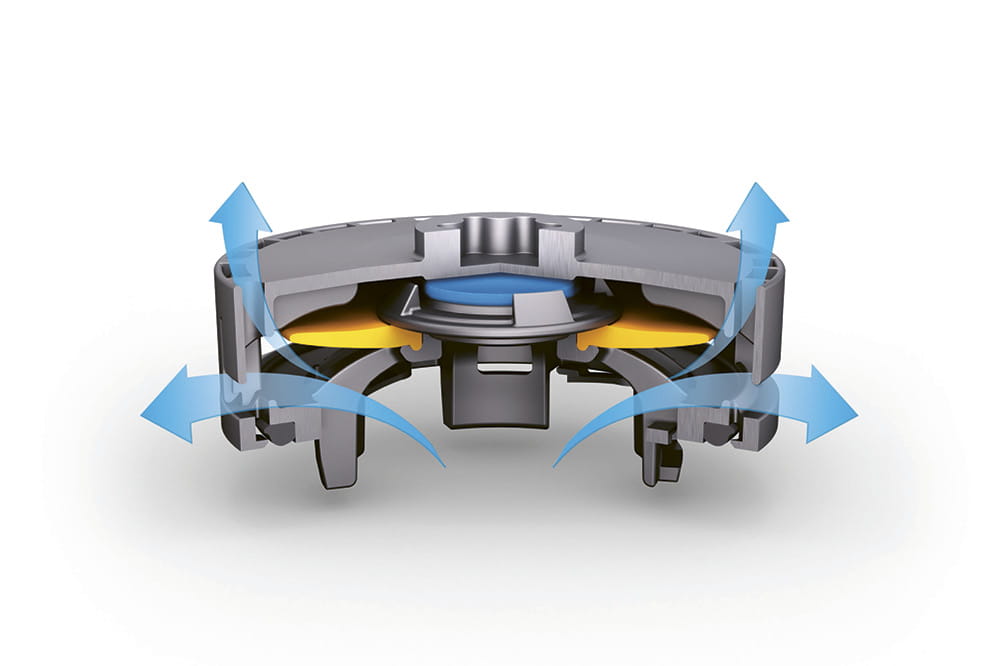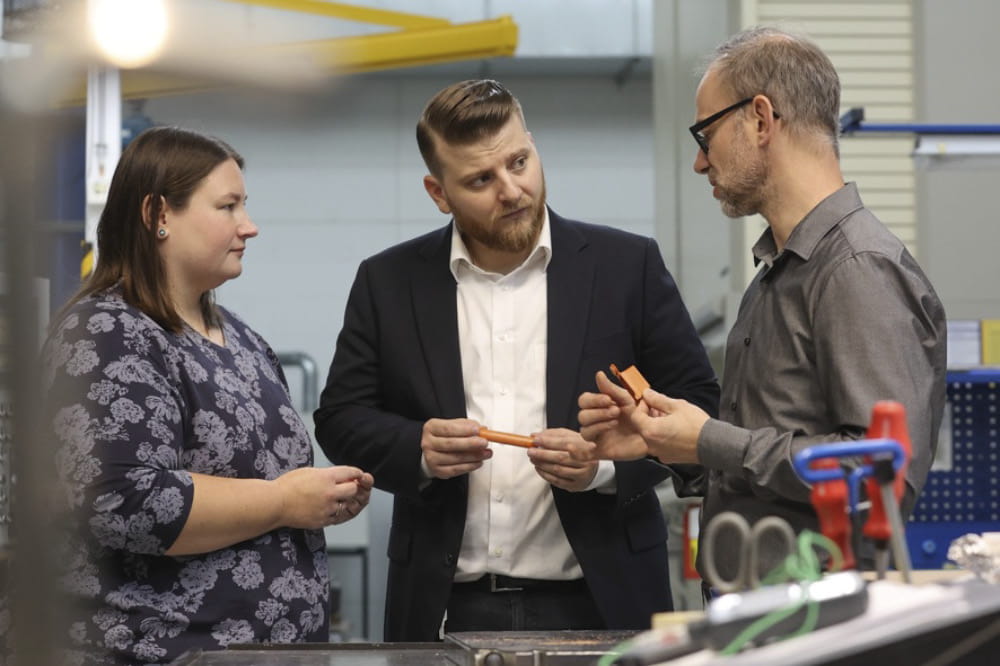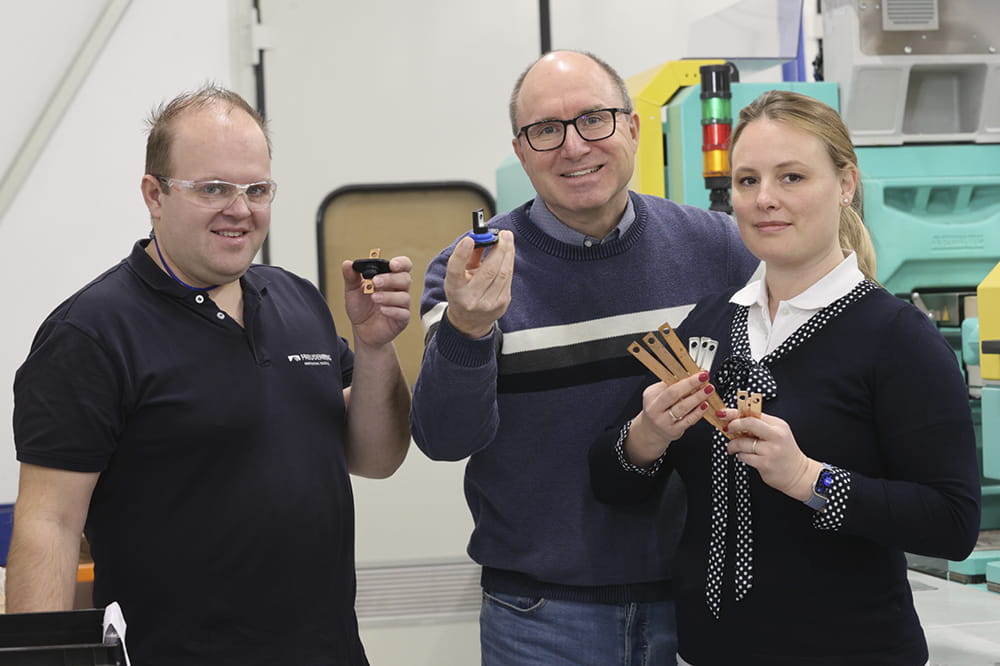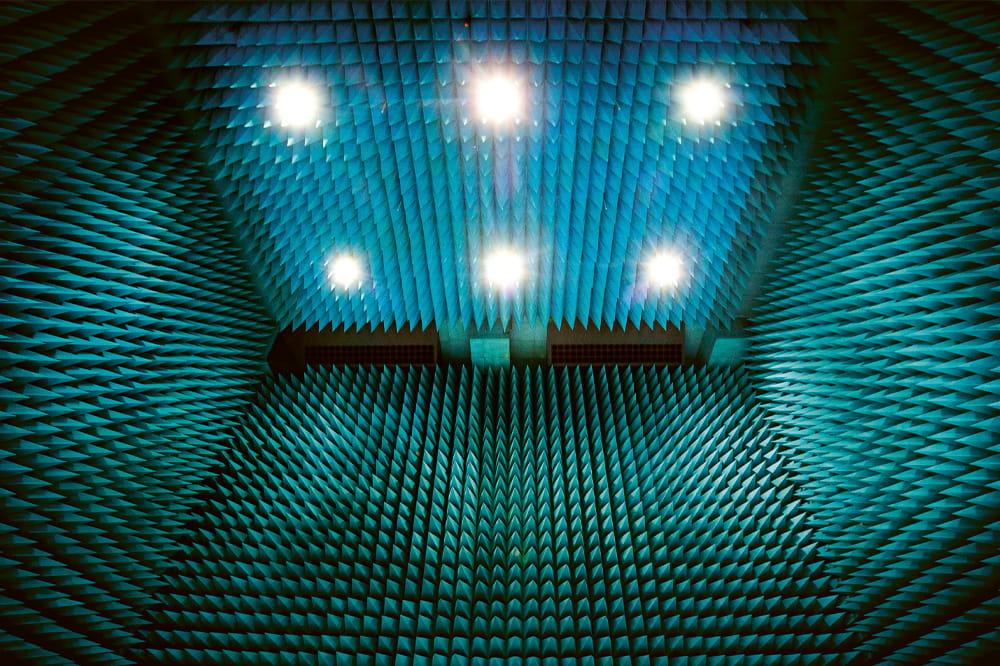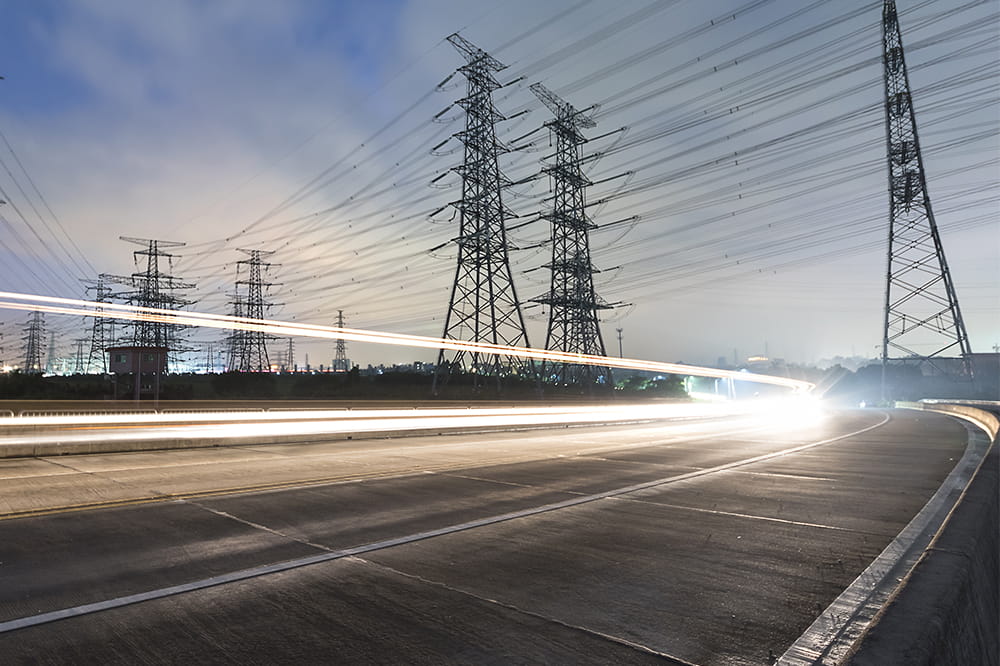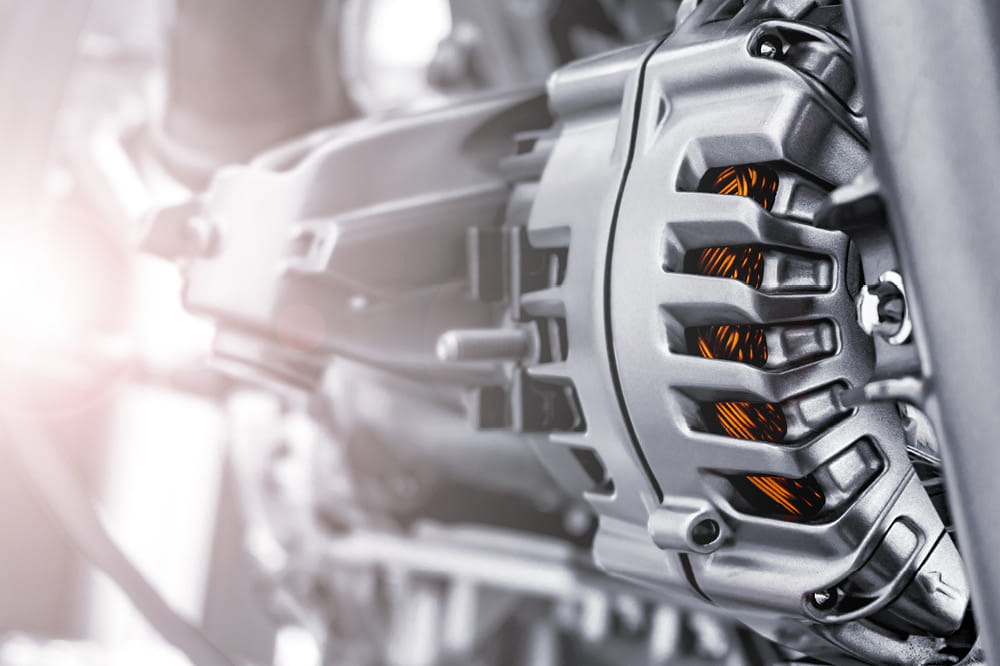Obtain news and background information about sealing technology, get in touch with innovative products – subscribe to the free e-mail newsletter.
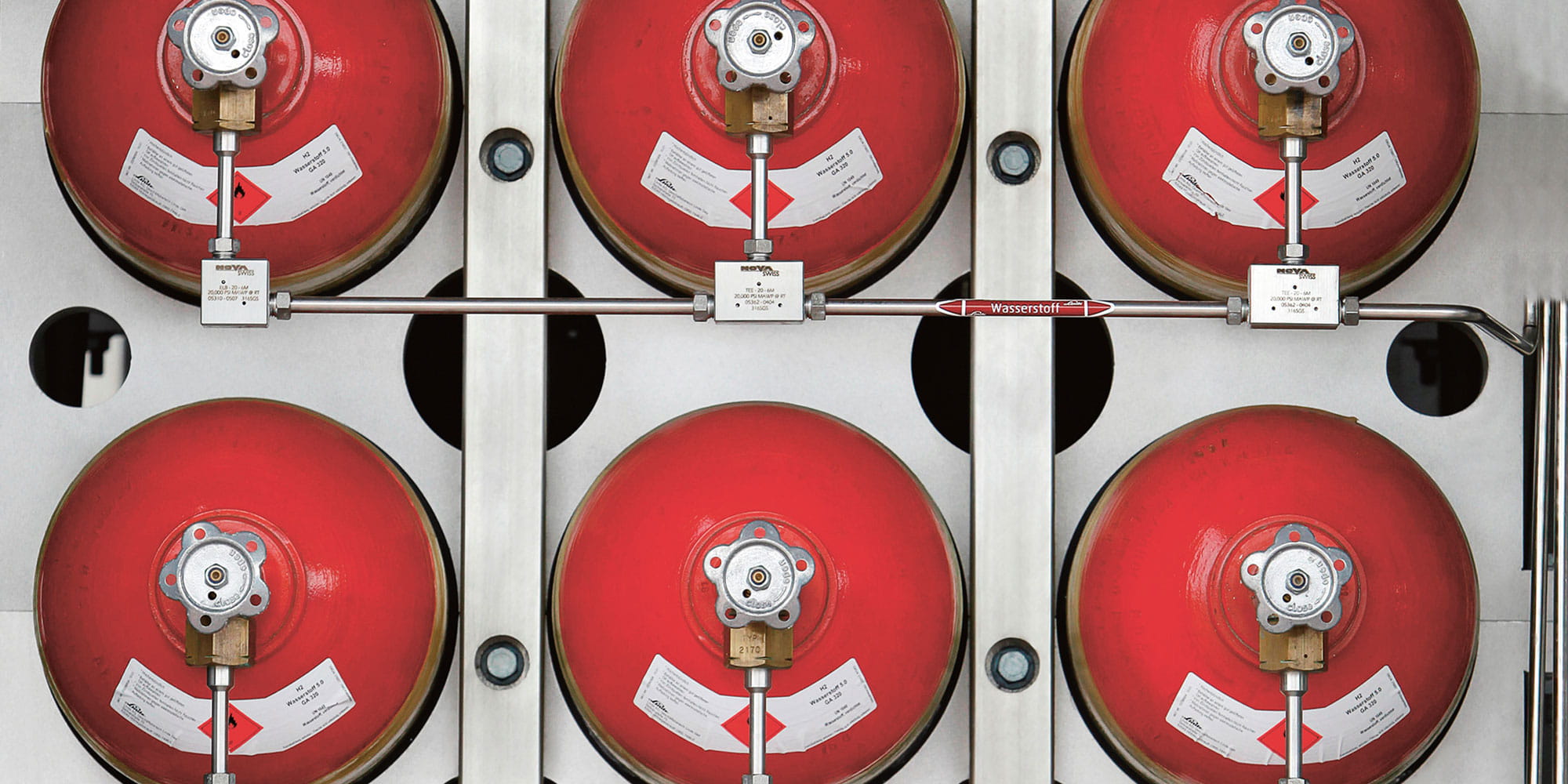
Is the Fuel Cell Moving into the Fast Lane?
Electric mobility has had a tough job for a while. But sales figures for electric cars are gradually trending upward; they are largely vehicles with battery-electric powertrains. But in the Far East, automakers and governments are betting on fuel cells and their goals are ambitious. Is the alternative electric-drive system slowly gaining momentum?
As far as South Korea is concerned, hydrogen is the future. Over the last few months, announcements in this Asian country have gained attention worldwide. The Hyundai Motor Group said it would be making huge investments in the production of fuel cell systems, which convert hydrogen into electric current and propel zero-emission vehicles. By 2030, Hyundai’s annual production capacity will reach a whopping 700,000 fuel cell units – a huge quantity when you consider that the automaker barely built 2,000 fuel cell models last year. The great leap forward is due to take place before the end of the year. The output for the Nexo, Hyundai’s second fuel cell model, is expected to reach the five-figure mark this year. The company wants to produce 100,000 fuel cell vehicles in 2025. With a total of about 100 million cars built worldwide each year, that is still a manageable number. But the South Koreans continue to turn to hydrogen-fueled vehicles.
Massive Investments
In addition to expanding its production facilities, Hyundai plans to spend nearly 6 billion euros on research and development in this field. A second fuel cell factory is already taking shape. Out of the 700,000 units that will be built in 2030, 500,000 will be funneled into the company’s own output of cars and commercial vehicles. About 200,000 are expected to supply other automakers along with ship, drone and rail vehicle manufacturers. In short, hydrogen will be relevant to other forms of transportation.
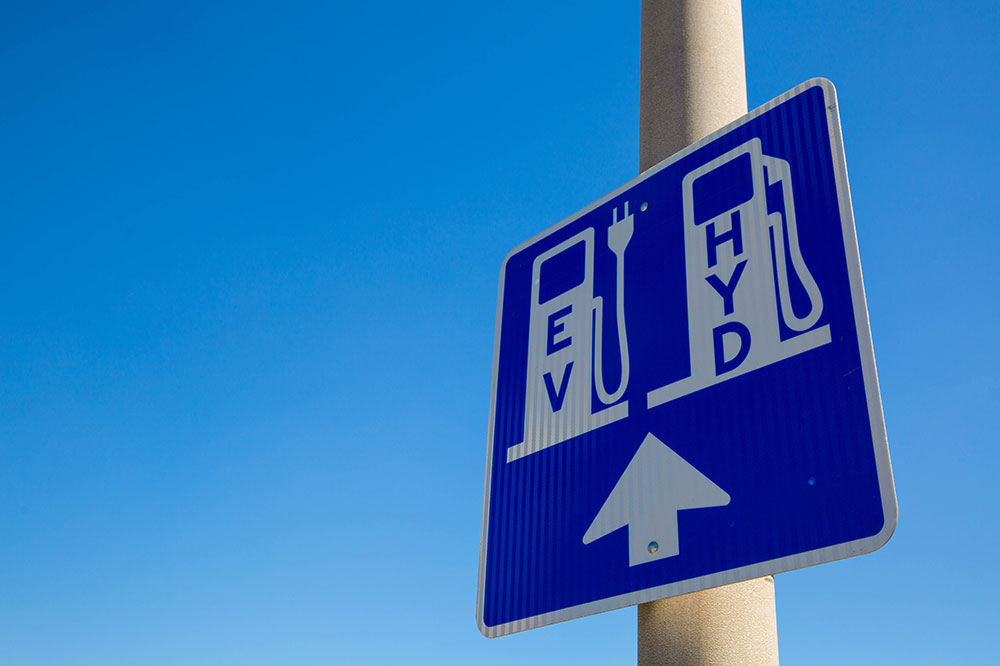
Hydrogen Infrastructure
The South Korean government is expected to add its own investments to those of Hyundai Motor Group. With just fourteen hydrogen filling stations in the country, consumers have been slow to embrace fuel cell vehicles. But in 2022, the network is expected to have 310 hydrogen filling stations, and that figure should rise to 1,200 by 2040. The government also plans to heavily subsidize purchases of fuel cell vehicles. Early on, the idea was to make vehicle prices of about 30,000 euros possible. The hydrogen itself is also due to become much cheaper.
Olympic Games as Showcase
South Korea is not alone in its enthusiasm for fuel cells. In late 2017, Japan led the world with nearly 100 hydrogen fueling stations, and it is expected to press ahead with the network’s expansion. A partnership between energy companies and various domestic automakers will bolster these efforts. It is no surprise that Toyota is now building the Mirai and Honda the Clarity as series-production fuel cell models. The Japanese government has made it clear that it plans to give the technology a boost. In addition, Toyota intends to use an upcoming major event – the 2020 Summer Olympics – to promote vehicles with hydrogen-based powertrains. At the games in Tokyo, the athletes are due to be transported in fuel cell-powered buses and cars. The company is basically anxious to cut the costs of fuel cell stacks. At the planned volume of 30,000 units a year by 2025, the costs per system could fall to 8,000 euros.
China Is Looking at Fuel Cells
The Chinese government is also promoting electric vehicles. About 10 million of them are expected to be on the road by 2030. As developments in China tend to be erratic, this benchmark could be adjusted upward on short notice. Beijing is simultaneously zeroing in on fuel cells. It is estimated that more than 1 million vehicles could use this form of propulsion in 2030. The current prediction is that 3,000 hydrogen fueling stations will be integrated into the Chinese road network by then. Fuel cells are already propelling thousands of buses in China.
This means that fuel cells could soon move into the mainstream of established powertrains. The advantages are clear: Hydrogen is easily stored, and fill-ups are fast. With electrolysis, it can be produced with totally “green” methods. The impact of cold temperatures and high speeds on range is much less for fuel cell vehicles than for battery-electric vehicles. In any case, South Korea, Japan and China are three countries that see huge potential in the technology.
In order to keep pace with this development, Freudenberg Sealing Technologies has become majority stakeholder of XALT Energy, a Midland/Michigan-based global developer and manufacturer of lithium-ion technology solutions targeted for heavy-duty mobility applications. For more information, please see www.fst.com/press/2019/freudenberg-securesmajorityinterestinxalt-press.
Would you like to learn more about using hydrogen as a fuel? Read about the circuit that goes from water to hydrogen and back again.
Further interesting information and videos can also be found in the article "The Turning Point Is on Its way".
More Stories About E-Mobility

